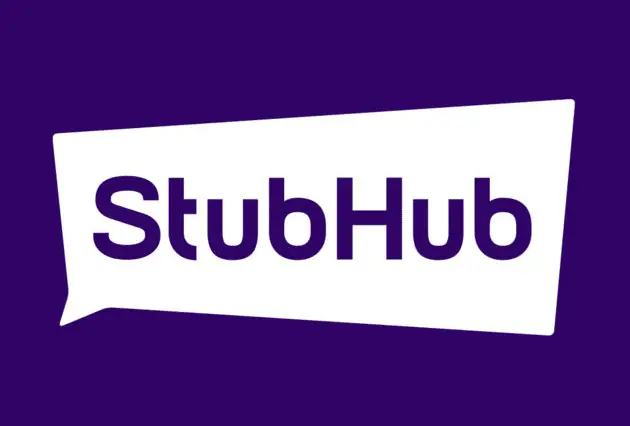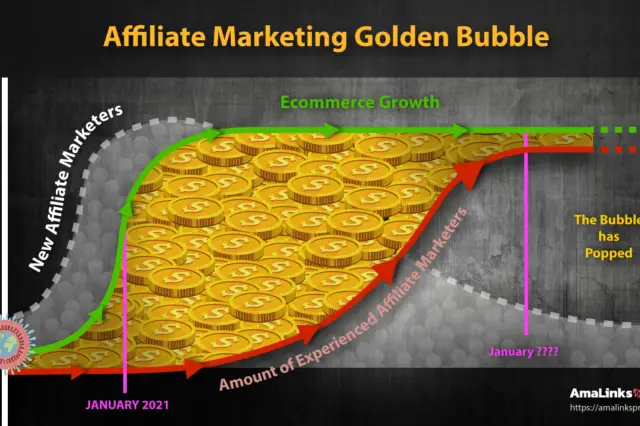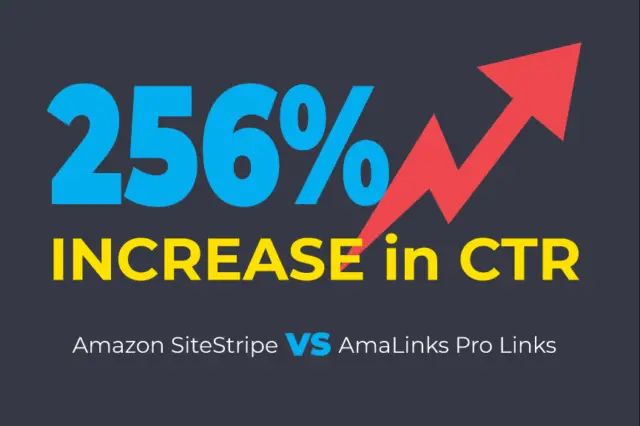
Learn about the StubHub affiliate program.
Founded in 2000 by Eric Baker and Jeff Fluhr, Stanford University alumni, StubHub emerged as an innovative solution to address the challenges faced by ticket buyers and sellers in the secondary market. The primary goal was to create a secure and efficient platform where fans could resell their tickets to events they could no longer attend and where other fans could purchase those tickets. The platform aimed to eliminate the risks and uncertainties that often accompanied ticket transactions outside the official box office.
Revolutionizing Ticket Resale
StubHub introduced a groundbreaking concept to the ticket resale industry: a safe and transparent marketplace for buying and selling event tickets. This concept was particularly appealing because it offered fans an opportunity to attend events they might have otherwise missed out on due to sold-out shows or last-minute changes in plans. The platform empowered individuals to set their own ticket prices within the boundaries of the market, thereby establishing a dynamic pricing model that mirrored supply and demand.
User Experience and Expansion
StubHub’s success can be attributed not only to its innovative approach but also to its user-friendly interface. The platform’s easy-to-navigate website and mobile app provided users with a seamless experience. Ticket listings included essential details, such as seat location, enabling buyers to make informed decisions. Moreover, StubHub offered a level of customer service and buyer protection that was largely absent in the traditional ticket scalping market.
The platform quickly gained traction, leading to partnerships with major sports leagues, entertainment venues, and even primary ticketing companies. The company’s collaborations with these industry giants not only legitimized its operations but also expanded its reach to a global scale.
Impact on the Industry
StubHub’s impact on the ticketing industry was far-reaching. It prompted traditional ticketing outlets to adapt to changing consumer behavior and expectations. Many began implementing dynamic pricing models of their own, taking a cue from StubHub’s success. Furthermore, the platform drove an increased focus on transparency, as it was essential for buyers and sellers to trust the process in an environment notorious for fraudulent activities.
StubHub’s influence extended beyond the secondary ticket market. It transformed the way event organizers thought about ticket sales, prompting discussions about pricing strategies, accessibility, and the overall fan experience. The platform’s data-driven insights also contributed to a better understanding of consumer preferences, which helped shape marketing and event planning decisions.
Controversies and Challenges
Despite its successes, StubHub faced its fair share of controversies. One notable concern was the potential for ticket scalping, where individuals would purchase tickets with the sole intention of reselling them at inflated prices. Critics argued that this practice made tickets less accessible to genuine fans and led to a distorted pricing ecosystem. In response, StubHub introduced measures to combat scalping and ensure a fair marketplace.
Legislation and regulatory challenges also posed a significant hurdle for StubHub. Various jurisdictions questioned the legality and ethics of ticket resale, leading to debates about whether such activities should be restricted or regulated to prevent exploitation.
Evolution and Future Prospects
In 2007, eBay acquired StubHub, providing the platform with the resources and infrastructure needed for further growth. The acquisition, however, sparked debates about whether the platform would lose its fan-centric approach and become more profit-oriented. Nevertheless, StubHub continued to innovate, introducing features such as interactive seat maps and augmented reality previews of views from different seats.
In recent years, StubHub has continued to evolve, exploring partnerships and integrations that enhance its offerings. The company’s future prospects are likely to be shaped by technological advancements, changing market dynamics, and ongoing discussions surrounding the ethics of ticket resale.
StubHub’s journey from its inception to its present state is a testament to the transformative power of innovation in the ticketing industry. The platform’s impact on the secondary ticket market, user experience, and industry practices cannot be understated. Despite facing challenges and controversies, StubHub’s legacy is one of reshaping the way we access and experience live events. As the industry continues to evolve, StubHub’s influence will undoubtedly be felt in the ongoing discussions about accessibility, pricing, and the intersection of technology and entertainment.
Did you know that StubHub has an affiliate program?
Here is some basic information about what StubHub is all about. Check it out, and if you are interested there is a link below to access the StubHub affiliate program.

Miles Anthony Smith
Miles is a loving father of 3 adults, devoted husband of 24+ years, chief affiliate marketer at AmaLinks Pro®, author, entrepreneur, SEO consultant, keynote speaker, investor, & owner of businesses that generate affiliate + ad income (Loop King Laces, Why Stuff Sucks, & Kompelling Kars). He’s spent the past 3 decades growing revenues for other’s businesses as well as his own. Miles has an MBA from Oklahoma State and has been featured in Entrepreneur, the Brookings Institution, Wikipedia, GoDaddy, Search Engine Watch, Advertising Week, & Neil Patel.
Commission Rate & Cookie Information
StubHub offers a commission of 9% Per Sale and their cookie lasts for 30 Days.



